|
by mh musings With its final five episodes, the visual bonanza that we experienced through bluTV’s Yeşilçam finally comes to an end. Semih Ates, prone to getting himself into complicated escapades that have a proclivity to be interconnected with unsavory characters, emerges as a hero once again. At a low point in his journey, when he expresses how tired he is from being the one who is abandoned, his mother tells him, “your good heart helps to open new doors” because Semih, for all his bravado and daring, is a well- intentioned man who only wants to bring good cinema to the world. As he navigates the intrigue of Yesilcam during a politically turbulent time, we see how one good gentleman can move the world for the better on the strength of his convictions. We understand the true meaning of love, and how life will hand us losses when we least expect it. We learn how to stand resolutely against the onslaught and how that serves as a beacon for others to follow in its wake. Yeşilçam is so much more than just the trials and tribulations of a struggling producer. The social commentary stated and or interpreted through the characters are insightful and leaves us with a sense of respect for the players in an industry that learnt to thrive amidst a tidal wave of challenges. At the end of this journey, these are my top notes from the last quarter of this marvelous series. Courage For Freedom We have known since the beginning that Semih, Hakan and Mine share a special bond as they grew up on the streets of Yesilcam together, overcoming many of their trials by leaning on each other. Even though Semih and Mine’s marriage collapsed because their individual ambitions were at a cross-roads with each other, their affection and love for the other could not be hidden. They both chose a divergent path, and Semih eventually marries Tulin who gave Semih the love and attention he sought from a woman. Their happy marriage hits a roadblock when Semih is compelled to be by Mine’s side the night Tulin gives birth to their child, Mehmet Ali. This event creates an irreversible fracture in the Ates marriage, as they scatter from each other emotionally. When Tulin discovers Semih’s extra-marital affair with Gazel, she is unable to forgive him. She realizes that both of them have lost the will to remain committed to this marriage and takes the resolute step towards an amicable divorce. She leaves the Buyuk Ates film company and takes her movie to the production house of Reha Esmer, Semih’s arch nemesis. Much of Semih’s team crosses over with her, leaving Semih alone once again. Much as it is painful to decouple, Tulin is given a dignified courage to reach for her freedom, and not subjugate herself to a lifetime of unhappiness by being locked in a distrustful marriage, either for the sake of their son or for financial dependence. Ironically, it is Semih’s mother who eventually secures Tulin’s financial future by leaving her with a worthy inheritance. On the other hand, Gazel who is unhealthily afraid of her husband Ekrem, suffers from a panic attack when she feels Ekrem might be nearing the truth regarding her affair with Semih. She succumbs to his machinations and allows herself to be committed to a mental institution, and eventually onto a voyage back to England. In an attempt to still assert her independence, she helps Semih with some crucial information that lets him get his hands on incriminating evidence against Ekrem’s involvement in an impending coup. Mine continues to walk a dangerous fine line as the spy within arms dealer Niyazi’s inner sanctum. She establishes herself as his mistress to try and glean information about the potential coup and is eventually able to find some important clues. In the meanwhile, she is threatened by someone who claims to have been a witness to her past crime and she begins to struggle to find a path out of the labyrinth of intrigue. Semih and Hakan band together to protect her and eventually the trio triumphs over the conspirators. On the surface it may seem like a fantastic set of events that are in motion for dramatic effect but this strain of why these individuals were doing what they were doing is thought-provoking. Ultimately, the ability to have freedom of choice is what drives them. Mine wants to have the freedom to choose her roles and life partner, Semih wants the freedom to tell the kinds of stories he wishes to tell, Tulin wants the freedom to set the course of her own life, Gazel wants the freedom to enjoy the luxuries Ekrem affords her and Hakan wants the freedom to just be Hakan. Love Rises Above All As Hakan’s marriage with Suzanne crumbles in time with Semih’s with Tulin, Mine, Semih and Hakan find their way back to each other, all now aware of the truth that broke them apart five years ago. Hakan says, “You need to be with people who will accept you with your mistakes” and it is obvious that for all their individual and collective transgressions, the trio’s unbreakable bond makes them forgiving and supportive towards each other no matter what life throws at them. This notion of being with a tribe who will accept you regardless of your flaws also provides understanding for all the broken relationships Semih leaves in his wake, including his marriage with Tulin. Apart from a mother and child relationship, we do not hear of unconditional love. In Yesilcam, Semih and Belkis hanim hardly shared such a relationship for much of his life. Perhaps out of necessity or out of ambition, Belkis chose to abandon Semih in favor of pursuing her career as the highly sought madame of Yesilcam, cementing the idea within him that he was not lovable as he was. In his youth, Mine does the same when she refuses to play second fiddle to his career aspirations and leaves to pursue her ambitions as an actress. Tulin seems to embrace him with all his troubles but her insecurity regarding Semih’s feelings for Mine becomes suicidal for their relationship. With each failure one learns and becomes stronger. Everyone eventually accepts the other for who they are and Tulin allows their son Mehmet Ali to remain the link between them even if they cannot remain married. After all the ebbs and flows, betrayals and choices, Semih finds his way back to Mine and their love story hinges on the final words said in Semih’s famous film ‘Swallow Season’. “If I wasn’t in love with you, my love, then I couldn’t even grow up, my love. Falling in love with you was in my destiny. Love means to be in love madly but not having each other. It means to be defeated, to be upset and to suffer.” They suffered the pain of separation and both of them grew to be the people they needed to be so that they would never let each other go again. Tulin also grows as a person and even though she had loved these lines in a movie, in real life she could not accept the suffering as a part of being in love. Perhaps her efforts fell short because she knew in her heart that Semih could never love her the way he had loved Mine or the way Tulin wanted to be loved. With her growth came her ability to accept the reality, forgive Semih for his transgressions, find a bright path for her own success that did not hinge on a man. Her love for herself also illustrates a worthy journey. Father & Son Even though we are not shown much of the relationship between Semih and his son Mehmet Ali, their love for each other is evident throughout the few interactions. Over time, we have seen how much of his father and Uncle Kosta influenced the life and moral values Semih chose to live by. Semih understands the importance of his role in Mehmet Ali’s life and even after his divorce, he maintains a parental role who shapes his son’s perspectives. Mehmet Ali didn’t have Semih as a regular part of his life. Some of it is due to the distance Tulin put in the home from her communication issues with Semih, making it an unwelcome space where Semih would want to spend time. Adding her mother to the mix, Tulin (in)advertently made Semih feel like an outsider and that is the vision Mehmet Ali formed as well, believing his father belonged outside the home chasing his movies. With the divorce, it almost becomes easier to build a healthier relationship with his son because the mother is no longer constantly resentful and angry. In the last scene of the father and son, Semih begins to sound like his beloved Uncle Kosta who instilled the love of stories and cinema in Semih. It became Semih’s moral compass for his life, and maybe it will be for Mehmet Ali too.  Fantasy Versus Reality Much of the backdrop in Season 1 is rooted in real events of the times. The Istanbul Pogrom of 1955, a politically charged event that set economic and structural changes in motion, was foundational to how the story evolves in Season 1. However, Semih’s heroic persecution of a sadist such as Izzet is a fantasy element that allows to show a common man become the savior for his nation. Similarly, in Season 2, the return of Ekrem, part of the Ottoman elite who were banished from Turkey at the end of the Ottoman Empire in the early 1900s, is a nod to the reality of the time as some of the elites were coming back in and beginning to re-integrate into the political fabric of the country. However, there is no historical account of the exact coup attempt shown in the story, which again becomes a foil for Semih to emerge a hero amidst a multi-pronged political intrigue. In the end, it is a little difficult to be crisp about who is gunning for whom, who is lining whose pockets and why. Season 1 seems to have more clarity around these complex plot lines. Unfinished threads A number of themes from season 1 either abruptly ends or trails off in an unexpected diminutive whisper in this season. Such as Semih’s partnership with Yilmaz Guney, who in reality went on to become a very important player in Yesilcam by 1969, could have been expanded to show the kinds of stories gaining traction in the late 60s but Guney doesn’t appear at all nor are there any allusions to what happened to his movie with Semih, or his career. After his brilliant downfall at the end of season 1, a man accused of murder and out of favor with his party, Izzet makes a brief and unremarkable appearance in this season, back as an administrative cog in the wheel of bureaucracy. Surprisingly, his hatred for Semih is not channeled in a fulfilling way and his character loses much of its luster established in Season 1, both in how it’s written and in Ozgur Cevik’s layered performance. After a long build-up of Semih’s complicated relationship with Belkis, the resolution of their relationship and her quiet departure left a lot unsaid. Perhaps it underscores how some stories are not meant to have closure. Apart from a few of these unexpected turns, Season 2 is a delightful watch that satisfactorily concludes a well-crafted story, capturing many moving pieces during a tumultuous time in Turkey’s recent history. The performances and set design are extraordinary, and the show should do well in international sales, now being distributed by Calinos Entertainment. It is a seminal piece of artistry that showcases the past and the present of the Turkish film industry in memorable ways. Kudos to the entire team of writers, cast & crew, for this excellent production. For his fans, Cagatay as Semih is a multi-dimensional and studied performance. Cagatay adeptly plays an energetic man who stays in step with the times and, with a casual relationship with the drug culture of the 60s, he exhibits an exaggerated bravado as he navigates dangerous times. With his comic timing, effusive mannerisms, acceptance of life’s curveballs, the inner strength and astuteness that lets him see the bigger picture, and more, Cagatay becomes Semih. His real life love for cinema translates seamlessly into Semih, as he imparts his final words of wisdom to his character’s son, “Cinema is your best friend, son. It can be your shelter when there is war, it can be your home, your bedroom. It can be the plate on your dinner table.” Cinema is timeless, as is Yeşilçam. Author's note: Very few Turkish productions have captivated me as Yesilcam did. It was an honor, and a compulsion, to write about it.
The script, performance and the depth of the story are par excellence. It inspired me to learn deeply about the political history of the country, which helps to better understand the modern day shifts in the political and social arena. By getting an opportunity to interview the brilliant writers, Levent Cantek and Volkan Sumbul, my appreciation for the production has been ten-fold. This is not a happenstance work moulded to fit public perception or to appease ratings. It is an introspective piece of work from some of the best artistes in contemporary Turkey, who take pride in showcasing their work and their country. I will hope that TV networks far and wide appreciate this show for what it is and bring it into the homes of their audiences. Works that are politically aware and entertaining at the same time must become a staple in TV selections. ________________________________________ Article (c) CUNA & @entrespire/ twitter Please follow CUNA at: www.facebook.com/cagataynorthamerica www.instragram.com/cagataynorth www.twitter.com/cagataynorth This is the only page officially affiliated with North America TEN All video clips and photos belong to their respective owners. No copyright infringement is intended. Please ask for permission before reprints. #Yesilcam #CagatayUlusoy #LeventCantek #BluTV #BoraAkkas #VolkanSumbul #CaganIrmak #SemihAtes #MineCansu #TulinSaygi #AfraSaracoglu #SelinSekerci #EpisodeReview #TurkishDrama #Season2 #JusticeParty #BloodySundayIstanbul
4 Comments
Gabriela Dimitriu
2/7/2022 11:19:46 am
Congratulations for this amazing review!
Reply
mh Musings
2/7/2022 08:23:44 pm
Thank you so much, my dear friend!
Reply
Lucia Fratric
2/7/2022 09:33:03 pm
lu317257
Reply
Lucia Fratric
2/7/2022 09:59:35 pm
Excelente análisis. Muchas gracias!!!
Reply
Leave a Reply. |
Archives
February 2022
Categories
All
|
CAGATAY ULUSOY NORTH AMERICA
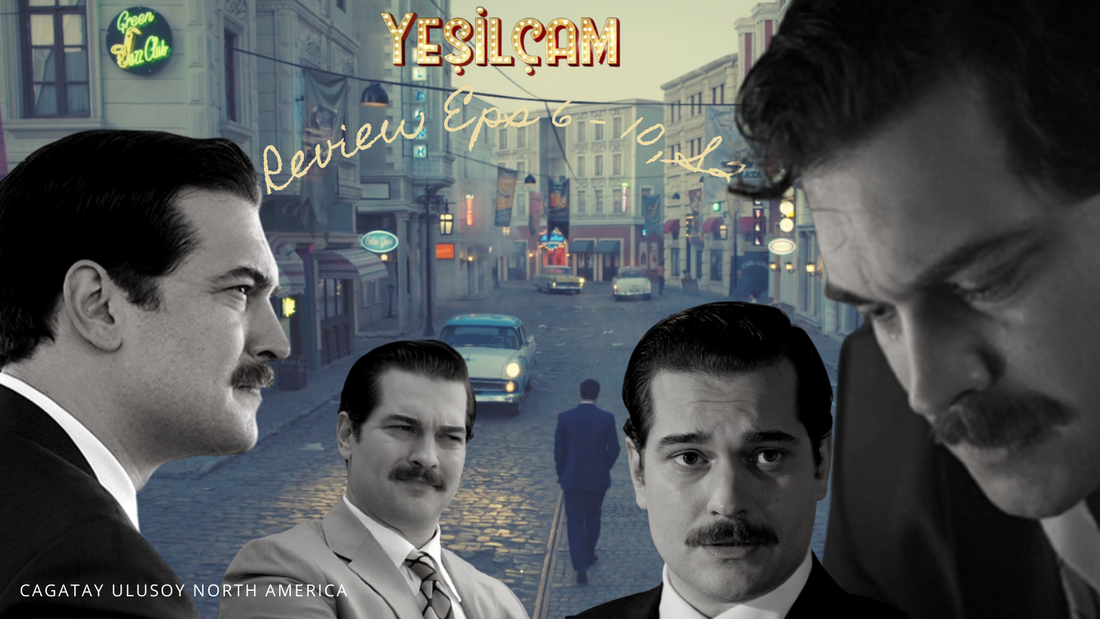

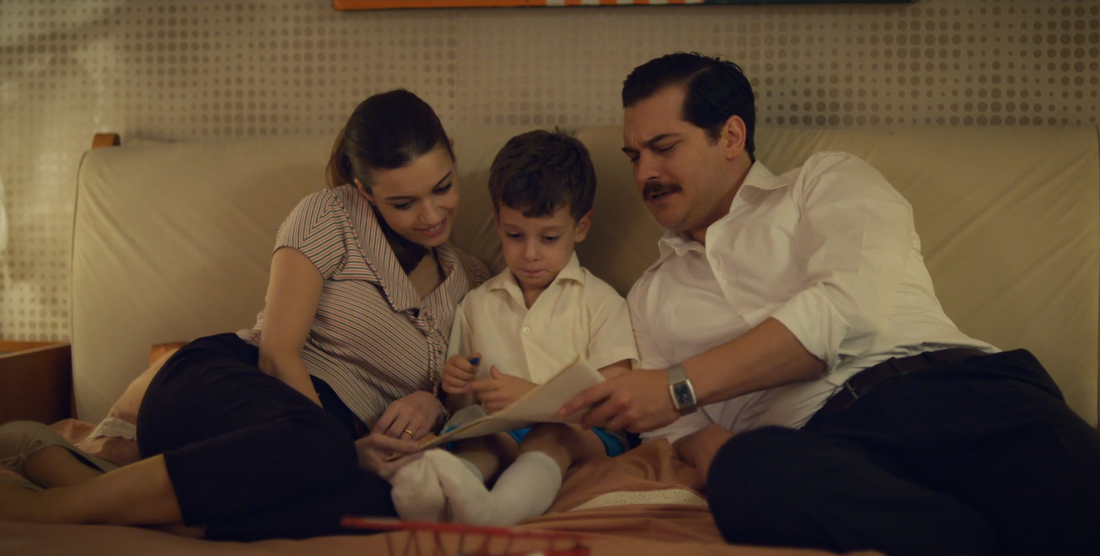



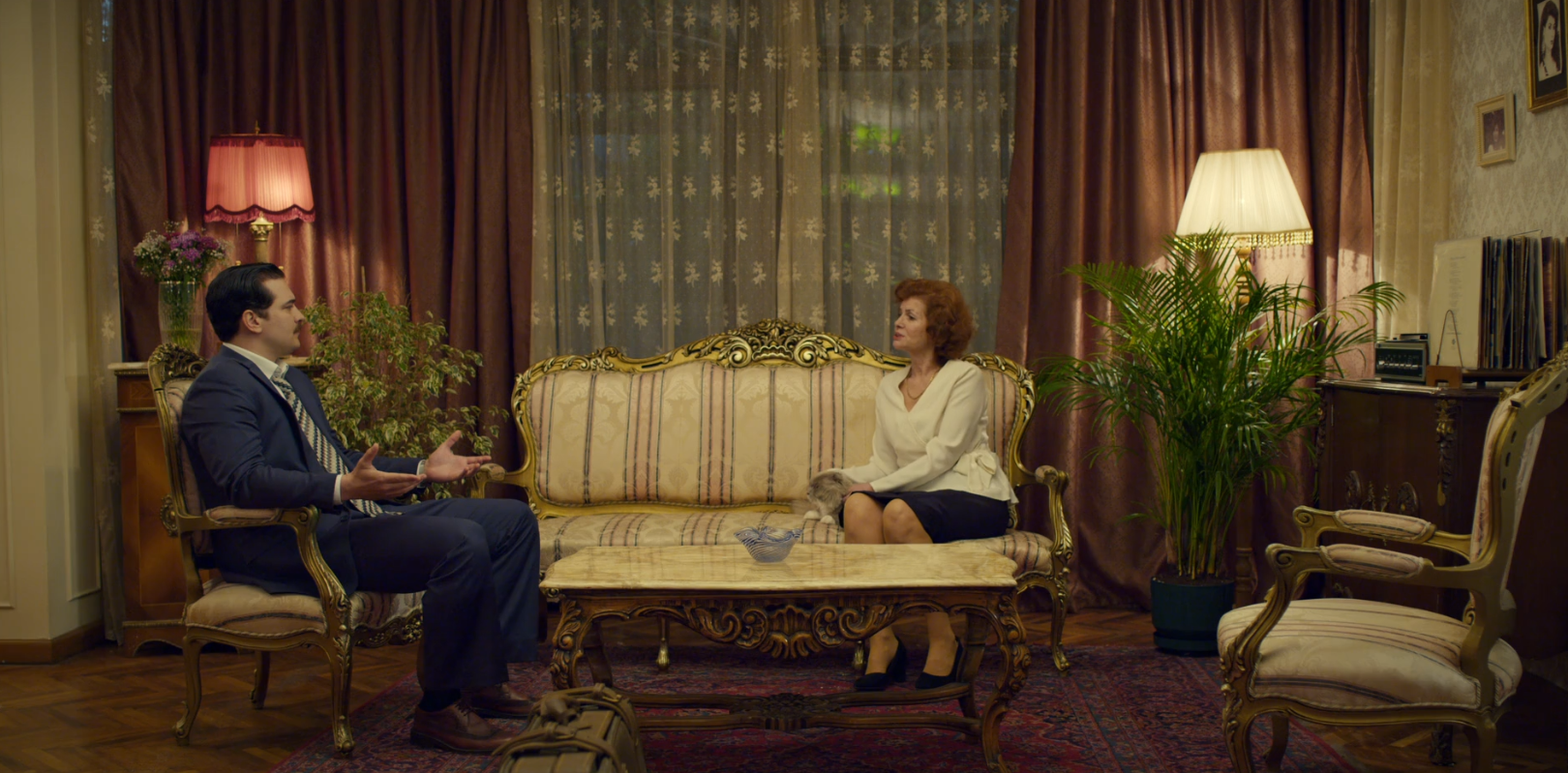

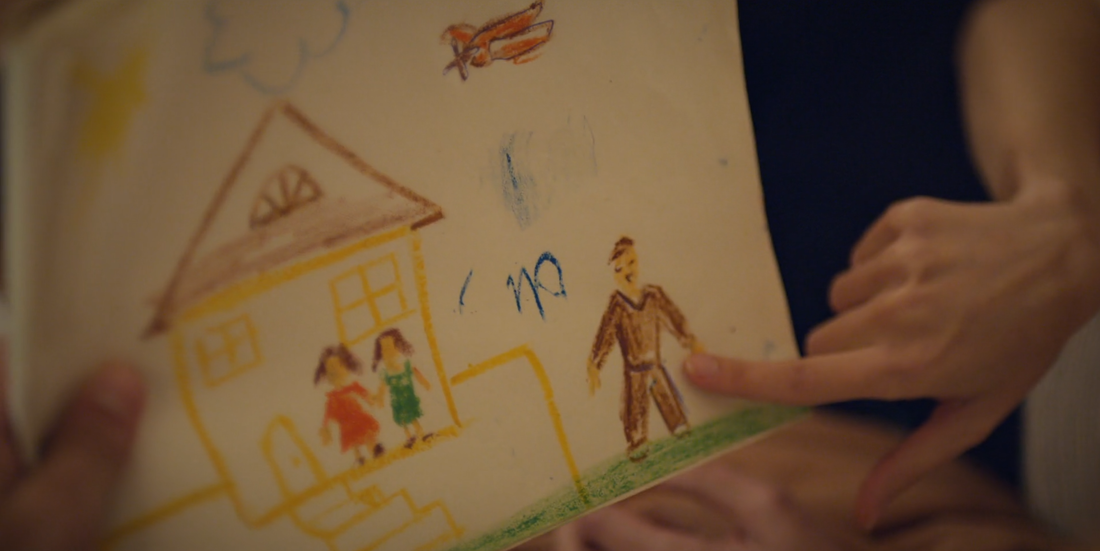
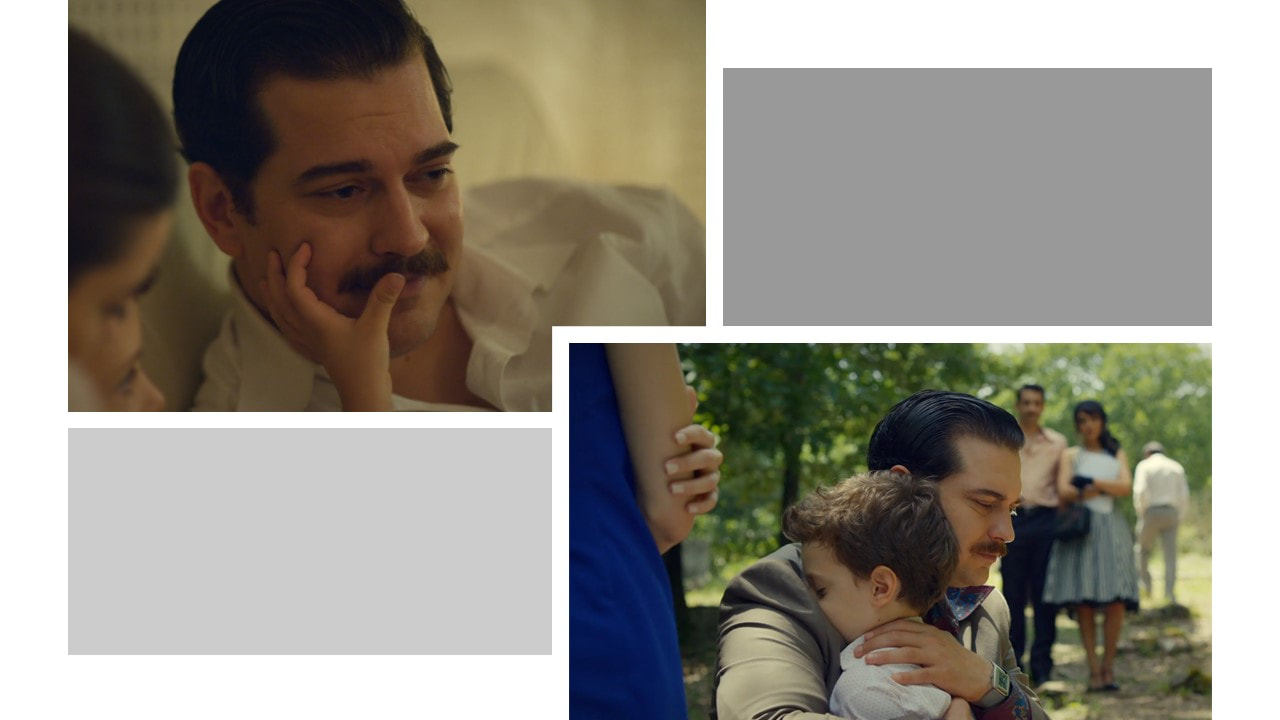


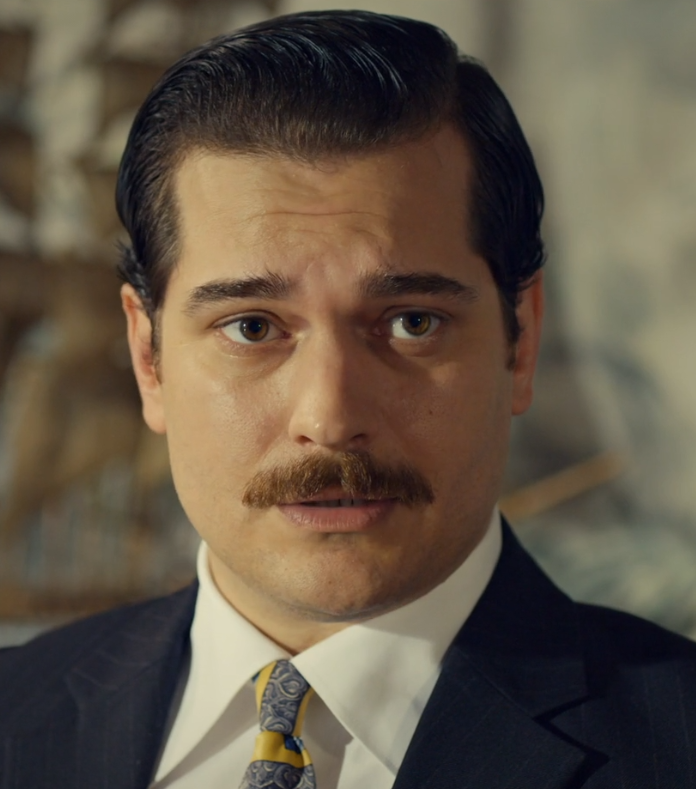

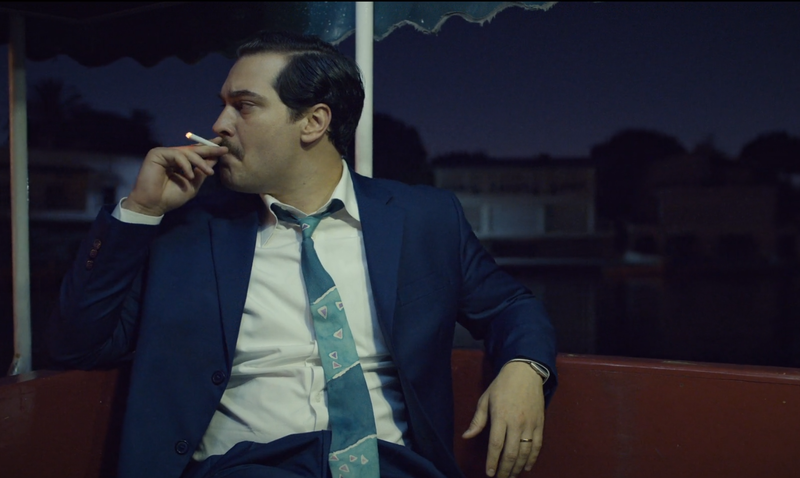
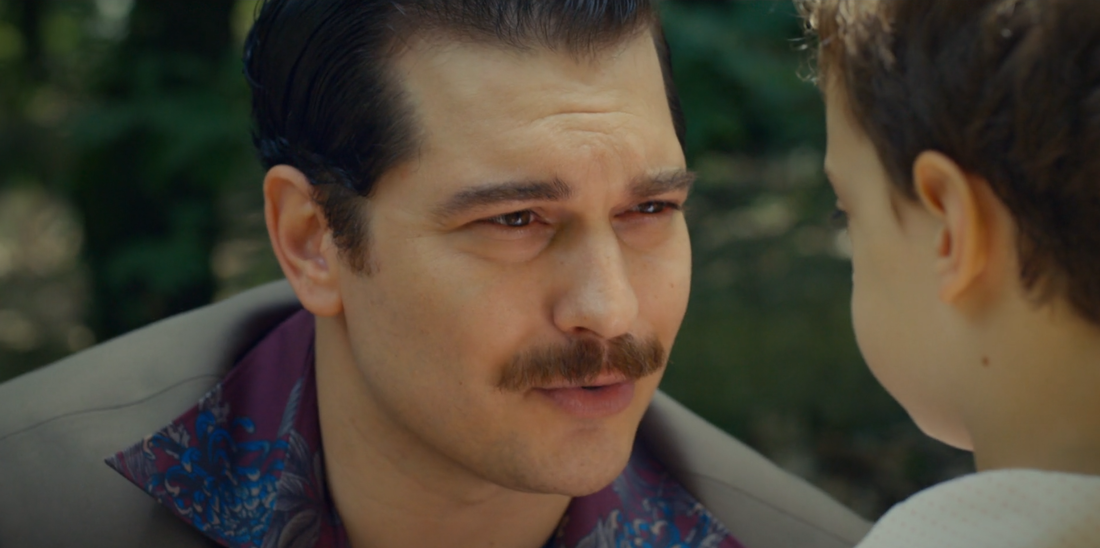
 RSS Feed
RSS Feed
